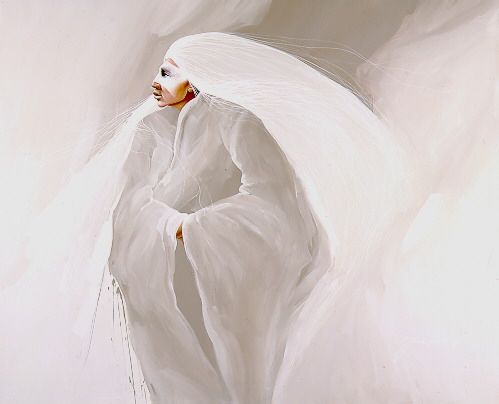Red Ink is a student-run publication at the University of Arizona under the auspices of the American Indian Studies Program. Red Ink has published the works of writers and artists representing Native Nations from across the United States and the North American hemisphere including the Apache, Cherokee, Lakota, Navajo, Havasupai, Hopi, Micmac, Mohican, Maya, Oneida, Seneca, Chemehuevi, Paiute, Walpole Island Ojibway, Choctaw, Creek, Nez Perce, Northern Arapaho, Acoma Pueblo, Tohono O'odham, Yaqui, Menominee, and many others.
Red Ink's primary mission to highlight Native American intellectual and creative expression through the media of poetry, short stories, creative non-fiction, scholarly articles, original artwork and photography, and book, music and film reviews. Red Ink promotes an ongoing discourse with all persons and organizations who are interested in Native American issues and topics. Interdisciplinary in focus, visionary in content, and intergenerational in participation, Red Ink Magazine provides a vital forum for both students and non-students to engage in an open dialogue with other Native American researchers and writers in their respective fields.
Red Ink is designed to promote both scholarly and grassroots publishing by and for Native and non-Native members of--as well as advocates for--indigenous communities. Our goal is to provide a journal that is accessible to non-academics, while also providing a forum for serious scholars. By showcasing a variety of topics as well as literary, scholarly and artistic genres, we hope to appeal to a broad spectrum of people with diverse interests. Red Ink has published several special theme issues, including ones dedicated to Indian gaming, Native children, Native language revitalization and development, and tribal governance and economic development. In addition to scholarly works, Red Ink also publishes an altogether unique mix of poetry, photographs, artwork, short stories, first-person essays, political and social commentaries, cartoons, and reviews of recent books, films and music. And no one could ever forget Red Ink sage Watt Scraper, the 166-year-old Cherokee author of the popular "Unegadihi Speaks."
Check out the website: http://www.redinkmagazine.com/index.html
Friday, September 14, 2007
Subscribe to:
Post Comments (Atom)





No comments:
Post a Comment